As China commits itself to basically realizing socialist modernization by 2035 as resolved during the third plenary session of the 20th Central Committee of the Communist Party of China, African experts are of the view that modernization of the Asian powerhouse is important for Africa.
Carlos Lopes, an honorary professor at the University of Cape Town's Nelson Mandela School of Public Governance, said Chinese modernization represents a blueprint that can inspire Africa in its own development trajectory.
He said China's remarkable rise, especially in industrialization, infrastructure development and poverty reduction, offers valuable lessons for African countries that have long been marginalized in global value chains, often confined to the colonial model of commodities exporter.
Chinese modernization illustrates the importance of long-term strategic planning and an emphasis on infrastructure as a foundation for economic growth, he said.
China's development is different from the traditional Western development paradigm, he said, offering Africa "an alternative model that emphasizes autonomy and partnership on more equitable terms".
To benefit fully from the Chinese modernization agenda, Lopes said African countries need to be strategic in their engagement with China.
He said they must focus on aligning national development plans with key sectors where China excels, such as infrastructure, manufacturing, and technology transfer.
"Clear regulatory frameworks, stronger institutions and consistent policies will be key in managing these complex relationships, ensuring Africa's industrialization ambitions align with China's modernization agenda," he said.
He said one of the key lessons the continent can learn from China on modernization is the importance of a development-oriented government.
'Not accidental'
China's success, he said, was not accidental; it involved well-coordinated industrial policies, long-term planning, and the creation of special economic zones to attract foreign investment.
Lopes said Africa can replicate this by focusing on strategic sectors and ensuring alignment between government policies, private sector initiatives and regional integration efforts.
"Africa should embrace China's approach to leverage global value chains while gradually upgrading its industrial capabilities," he said.
"The need for sequencing policies, as noted in African development discussions, is another critical takeaway: moving from raw material production to more value-added manufacturing over time."
Cavince Adhere, a Kenyan expert on international relations, said Chinese modernization is important for Africa because a stronger Chinese economy would mean Africa has a stronger partner who would support its development programs, including Agenda 2063 of the African Union.
As China looks to modernize fully, he said its partnership with Africa could deliver value for the continent as well, especially in the areas that China is currently targeting, such as high-end innovation-led industries using technologies such as artificial intelligence, cloud computing, robotics and space sciences.
He said China has also been a strong learning point for African countries in managing their economy and championing socioeconomic transformation such as poverty alleviation.
Another key lesson is on how China views its national development priorities, allocates resources and then puts in place a strong framework for monitoring and evaluation to ensure the programs are implemented.
Justus Thuthi Wanjiru, director of the Corporate Center at the Africa Policy Institute, said China is open to sharing its modernization concept with Africa, which is a great opportunity for the continent.
"China emphasizes development with your own possibilities. Don't borrow that which cannot fit in your own society. African countries should also study what fits and works for them," he said.








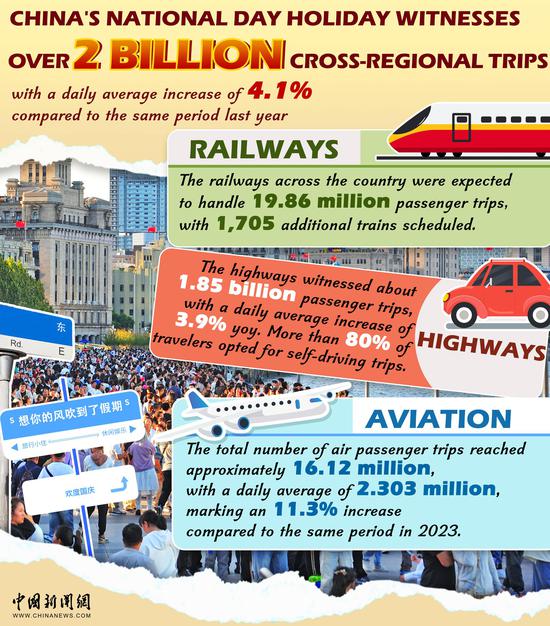
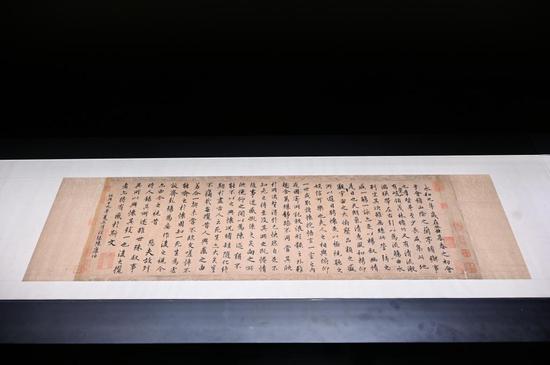



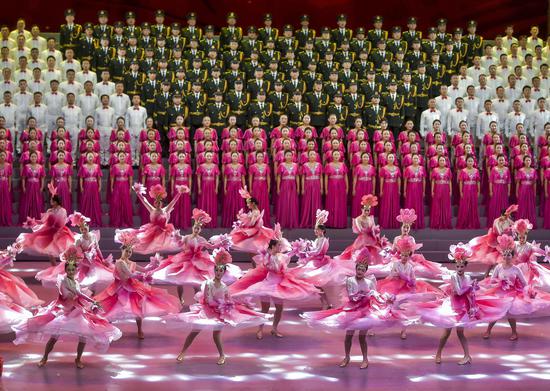


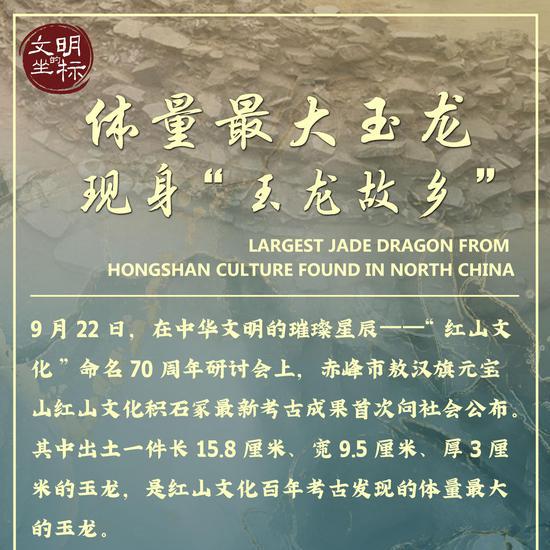
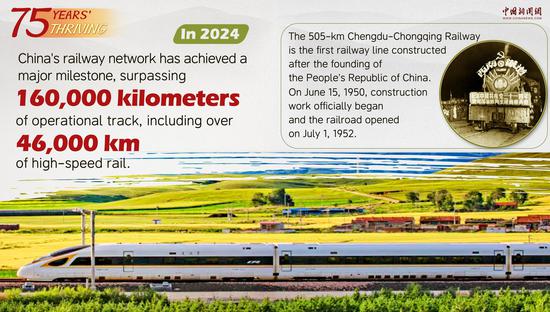
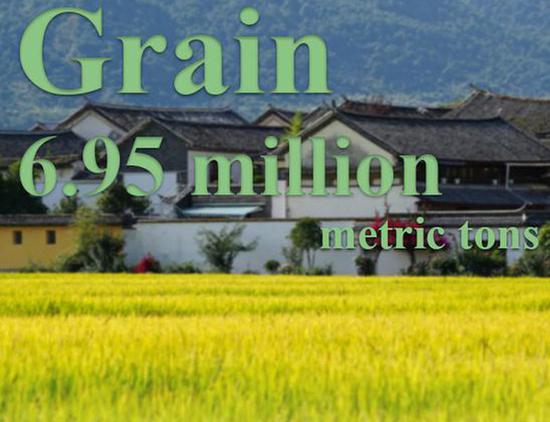






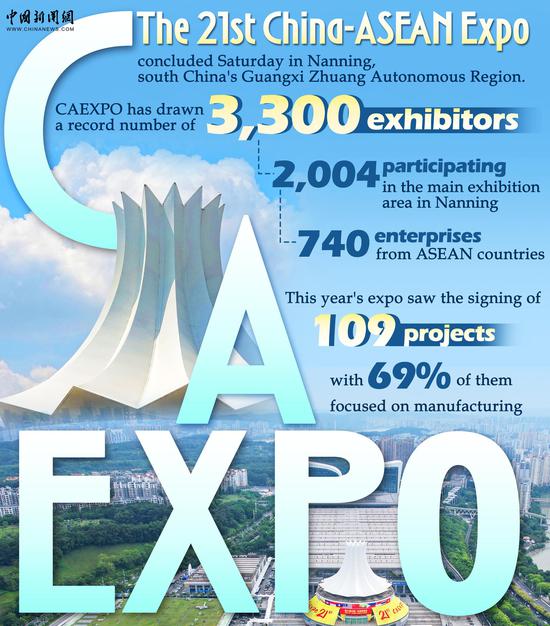
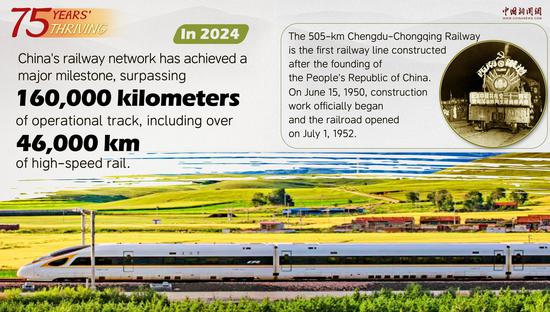
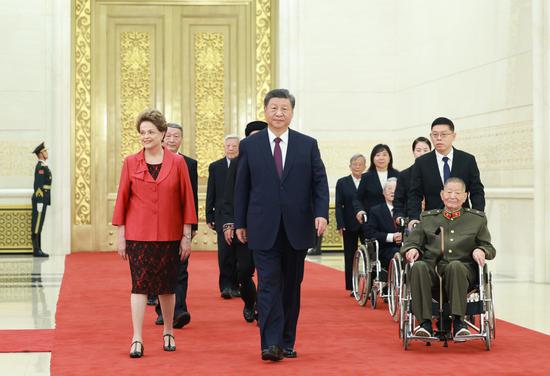





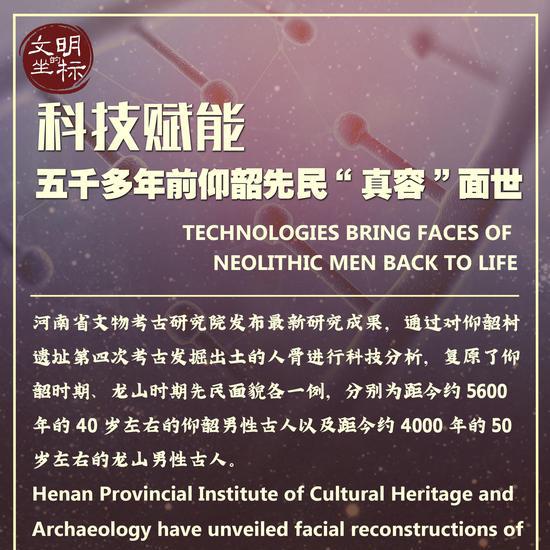
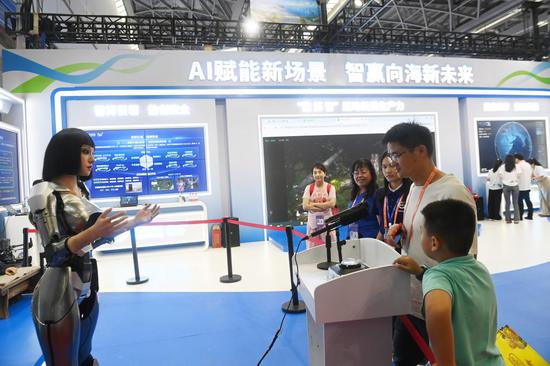
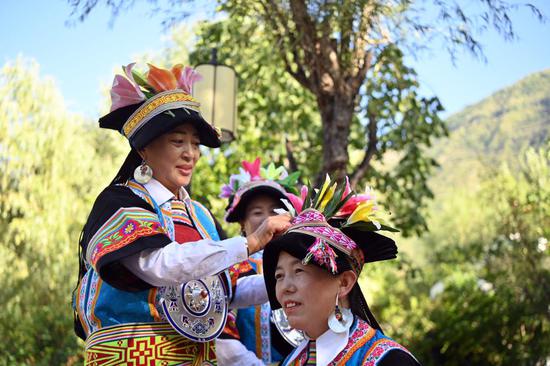













 京公网安备 11010202009201号
京公网安备 11010202009201号
